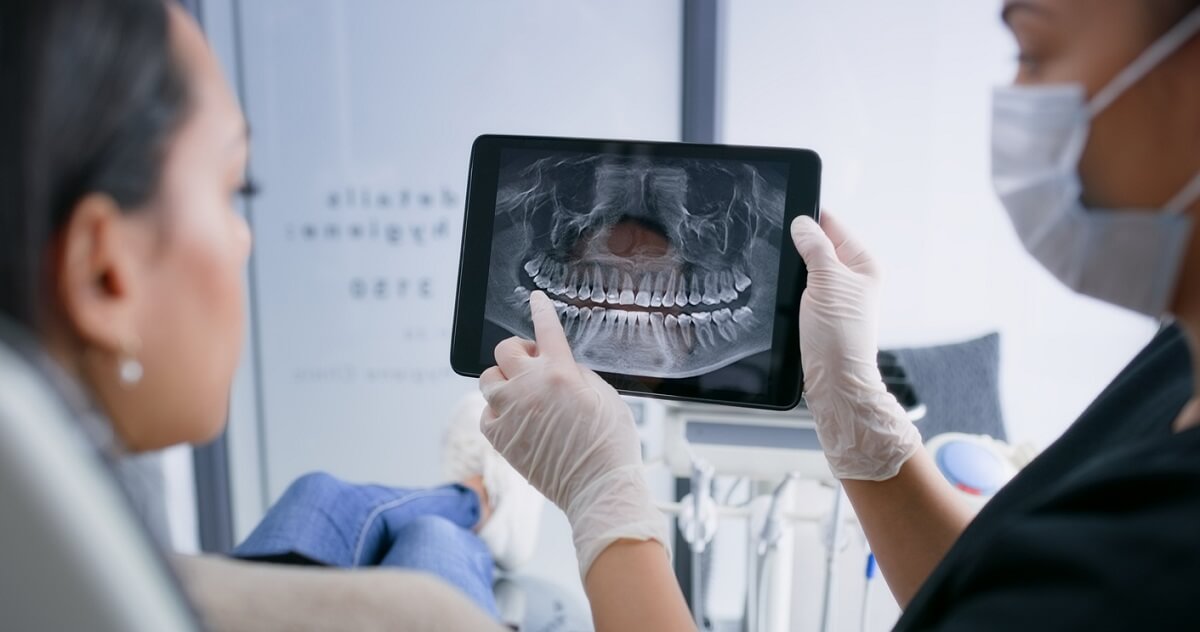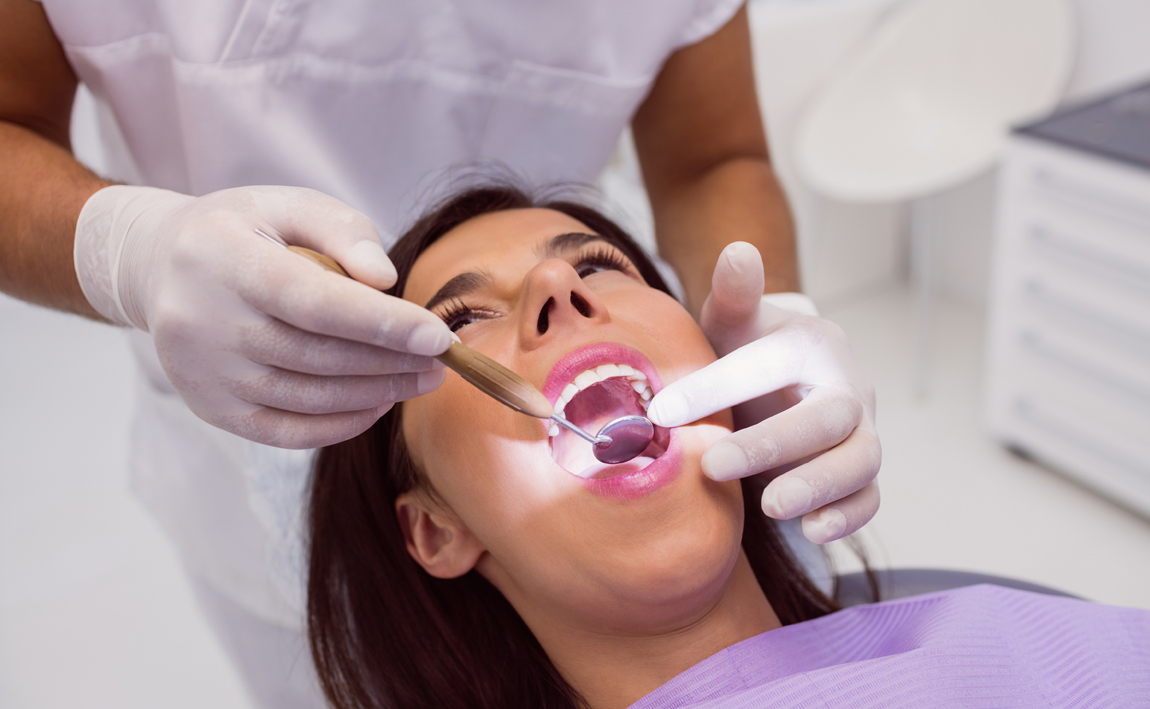
Posted on September 17, 2025
When you think about your overall health, your mind might jump to your heart, your lungs, or perhaps your latest diet and exercise routine. But how often do you consider your mouth? For too long, oral health has been treated as a separate entity, distinct from the rest of the body. However, a growing body of scientific evidence reveals a profound and undeniable truth: your oral health is intrinsically linked to your overall well-being. This isn't just about having a bright, pretty smile; it's about the fundamental connection between the health of your mouth and the health of your entire body.
The Mouth-Body Connection: An Introduction to Oral Systemic Health
Your mouth is teeming with bacteria – hundreds of different types, in fact. While many of these are harmless, others can cause disease if not properly managed through daily oral hygiene. Your mouth acts as a gateway to your digestive and respiratory tracts, and it's also a direct reflection of what's happening elsewhere in your body. Conditions like diabetes, heart disease, and even pregnancy can manifest symptoms in your mouth, while problems originating in your mouth, particularly gum disease, can have far-reaching effects on your systemic health.
The concept of oral systemic health recognizes this intricate relationship. It emphasizes that a healthy mouth contributes to a healthy body, and conversely, poor oral health can exacerbate or even contribute to systemic diseases. The primary culprit in many of these connections is inflammation.
Gum Disease and Its Link to Systemic Conditions
Gum disease, also known as periodontal disease, is a chronic inflammatory condition affecting the gums and bone supporting your teeth. It's caused by bacteria in plaque that builds up on teeth. In its early stage, gingivitis, gums become red, swollen, and may bleed easily. If left untreated, it can progress to periodontitis, where the gums pull away from the teeth, forming pockets that become infected. This can eventually lead to tooth loss and, more alarmingly, has significant implications for your overall health.

The Connection Between Gum Disease and Heart Disease
One of the most extensively researched link between gum disease and heart disease is the connection between periodontal disease and cardiovascular issues. While the exact mechanisms are still being studied, several theories exist:
Bacterial Entry: The bacteria from infected gums can enter the bloodstream through the damaged gum tissue. Once in the bloodstream, these bacteria can travel to other parts of the body, including the arteries of the heart.
Inflammation: The chronic inflammation and oral health connection is key here. Gum disease triggers a systemic inflammatory response. This chronic inflammation is a known risk factor for atherosclerosis, the hardening and narrowing of arteries, which can lead to heart attacks and strokes.
Blood Clots: Some research suggests that oral bacteria can contribute to the formation of blood clots, further increasing the risk of cardiovascular events.
People with gum disease are at a higher risk of developing heart disease, even after accounting for other risk factors like smoking or diabetes. You can read more about the impact of smoking on dental hygiene here.
The Two-Way Street Between Diabetes and Oral Health
The relationship between oral health and diabetes is often described as a two-way street.
Diabetes Worsens Gum Disease: People with diabetes are more susceptible to infections, including gum disease. High blood sugar levels create an environment in the mouth where bacteria thrive, and they also impair the body's ability to fight off infections, leading to more severe and rapidly progressing gum disease.
Gum Disease Worsens Diabetes Control: Conversely, severe gum disease can make it more difficult for individuals to control their blood sugar levels. The chronic infection and inflammation associated with periodontitis can increase insulin resistance, making diabetes management more challenging.
Managing both conditions simultaneously is crucial. Good preventive dental care can significantly improve diabetes control, and well-managed diabetes can help prevent or slow the progression of gum disease.
Oral Health and Respiratory Infections
Bacteria from the mouth can also be aspirated into the lungs, potentially leading to respiratory infections such as pneumonia, especially in older adults or those with weakened immune systems. Poor oral hygiene allows harmful bacteria to multiply in the mouth, increasing the risk of these infections.

Oral Health and Pregnancy: What to Expect When You're Expecting
Pregnancy brings about significant hormonal changes that can affect a woman's oral health. The increase in hormones can make gums more sensitive and prone to inflammation, leading to a condition known as "pregnancy gingivitis." If left untreated, this can progress to more serious gum disease.
Furthermore, research suggests a potential link between gum disease and premature birth or low birth weight. While more research is needed to fully understand this connection, it's believed that the systemic inflammation caused by gum disease may play a role. Therefore, maintaining excellent oral hygiene and continuing with preventive dental care throughout pregnancy is not just important for the mother, but also for the health of the baby.
The Importance of Regular Check-ups and Cleanings for Your Overall Health
Given the profound connection between oral health and overall health, it's clear that preventive dental care is not an optional extra, but a fundamental part of your healthcare routine. Regular dental check-ups and cleanings, typically every six months, are crucial for several reasons:
Early Detection and Prevention: Dental professionals can identify and address issues like plaque buildup, cavities, and early signs of gum disease before they become severe.
Professional Cleaning: Even with diligent brushing and flossing, plaque and tartar can accumulate. Professional cleanings remove these deposits, reducing your risk of gum disease and cavities.
Systemic Health Screening: During a dental exam, your dentist can often spot warning signs in your mouth that could indicate a health problem elsewhere in your body, such as signs of diabetes, nutritional deficiencies, or even certain cancers.
Personalized Advice: Your dentist and hygienist can provide tailored advice on proper brushing and flossing techniques, dietary recommendations, and other aspects of oral hygiene to suit your individual needs.
Warning Signs in Your Mouth That Could Indicate a Health Problem
Your mouth often provides early clues about your general health. Pay attention to these warning signs in your mouth that could indicate a health problem:
Persistent bad breath: Could indicate gum disease, dry mouth, or even systemic issues like kidney or liver disease.
Bleeding, red, or swollen gums: A classic sign of gingivitis or periodontitis.
Loose teeth: A sign of advanced gum disease and bone loss.
Sores that don't heal: Could be a sign of oral cancer, especially if accompanied by difficulty swallowing or lumps.
Dry mouth: Can be a side effect of medication, but also a symptom of underlying conditions like Sjogren's syndrome or diabetes.
Changes in taste: Can indicate nutritional deficiencies or certain medical conditions.
White or red patches in the mouth: Could be signs of infection, pre-cancerous lesions, or other conditions.
If you notice any of these symptoms, it's essential to schedule an appointment with your dental professional promptly.
Tips for Maintaining Optimal Oral and Overall Health
Taking care of your mouth is a powerful way to support your overall health. Here are some actionable tips for maintaining optimal oral and overall health:
- Brush Twice Daily: Use a fluoride toothpaste and brush for two minutes, morning and night.
- Floss Daily: This removes plaque and food particles from between your teeth and under the gumline, where your toothbrush can't reach.
- Use Mouthwash: An antiseptic mouthwash can help reduce bacteria that cause plaque and gingivitis.
- Eat a Balanced Diet: Limit sugary foods and drinks, which contribute to tooth decay. Incorporate plenty of fruits, vegetables, and whole grains.
- Stay Hydrated: Drink plenty of water throughout the day, especially after meals, to help rinse away food particles and bacteria.
- Avoid Tobacco Products: Smoking and chewing tobacco are major risk factors for gum disease, oral cancer, and other systemic health problems.
- Manage Chronic Conditions: If you have diabetes, heart disease, or other chronic health issues, work closely with your medical doctor to manage them effectively.
- Regular Dental Check-ups: Visit your dentist for preventive dental care and professional cleanings at least twice a year, or more frequently if recommended.
Contact Creek View Dental Today
By prioritizing your oral health, you're not just investing in a beautiful smile; you're making a profound investment in your entire body's well-being. Contact Creek View Dental about the risks and steps you can take to protect your smile.
